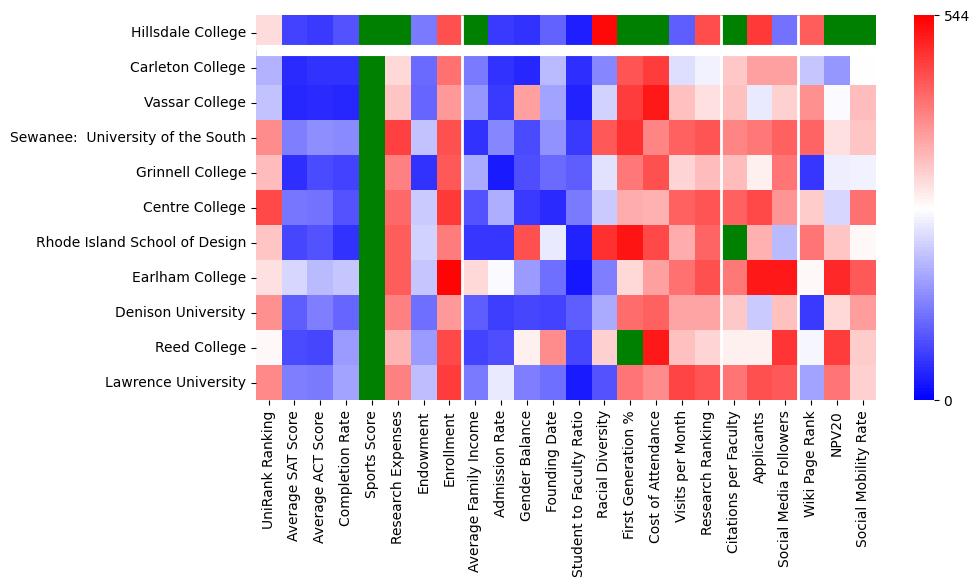Hillsdale College, founded in 1844, is a private liberal arts college located in Hillsdale, Michigan. It was established by abolitionists and has a long-standing commitment to maintaining an independent curriculum free from government funding, a principle that traces back to its early years when it was among the first American colleges to prohibit discrimination based on race, sex, or religion. With a picturesque 400-acre campus, Hillsdale offers a unique blend of historical architecture and modern facilities, fostering an environment conducive to both learning and community engagement.
What distinguishes Hillsdale College is its rigorous classical liberal arts curriculum, which emphasizes a comprehensive understanding of Western heritage through the study of literature, philosophy, history, and politics. The college is renowned for its commitment to principled education, requiring all undergraduates to complete a core curriculum that includes courses in the Great Books, U.S. Constitution, and Western and American Heritage. This distinctive approach not only shapes well-rounded graduates but also instills a deep appreciation for civil and religious liberties.
Academically, Hillsdale College is recognized for its small class sizes and strong faculty-student relationships, which contribute to an intimate learning experience. The college boasts a robust Political Science and History department, reflecting its emphasis on constitutional studies and American political thought. Additionally, Hillsdale's English and Economics programs have earned national attention, attracting students interested in pursuing careers in law, journalism, and public policy. The college's commitment to academic excellence is further reflected in its impressive graduation and retention rates.
While Hillsdale College offers a compelling educational experience, it does have its drawbacks. The college's strict adherence to its founding principles, particularly its refusal to accept federal or state funding, limits access to certain financial aid options, which may pose a challenge for some prospective students. Additionally, the college's conservative culture and policies can be polarizing, potentially affecting campus diversity and inclusivity. Despite these challenges, Hillsdale remains a respected institution for students seeking a traditional liberal arts education.



